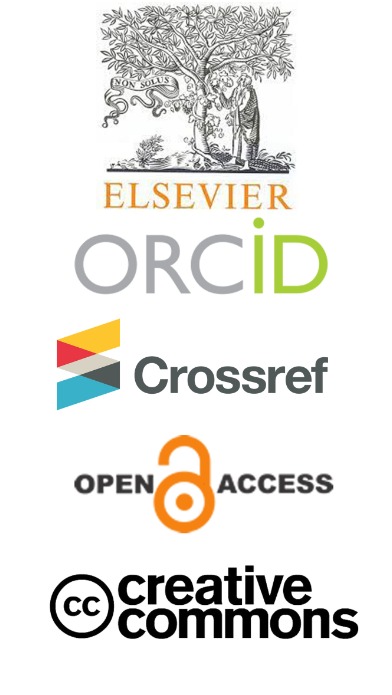The struggles of Middle Eastern women in their fight for justice as illustrated in Malala and Princess
Keywords:
Malala, princess, Taliban, women's rights, Middle East, feministAbstract
Objective: The basic idea of feminism and the challenges faced by women in the Middle East have been evaluated. This study has highlighted the Middle Eastern women’s struggle for justice from the oppression they experience due to a misinterpretation of Islam as illustrated in Malala and Princess. Method: Qualitative research design opted for data collection and analysis. Two books dominated the textual analysis: I Am Malala by Malala Yousufzai and Princess by Jean Sasson. Results: The story of Malala and Princess has provided an overview of the constraints on women's rights in Middle Eastern countries. Malala Yousufzai's nonfiction novel also details her fight for girls' education against the Taliban, a radical Islamist group. The Princess has depicted her father's lack of love and injustice toward Saudi women in their personal lives. Conclusion: It is especially difficult for women in Middle Eastern countries to demand their rights because of the misinterpretation of the Islamic religion. Although Islam is a religion that values both genders, male interpreters have used the religion to justify women’s subservient role in society. Middle Eastern women aim to gain strength and justification from Islam and demonstrate that it is not the religion that suppresses women. Islam is not a source of subjugation for women but a source of empowerment.



